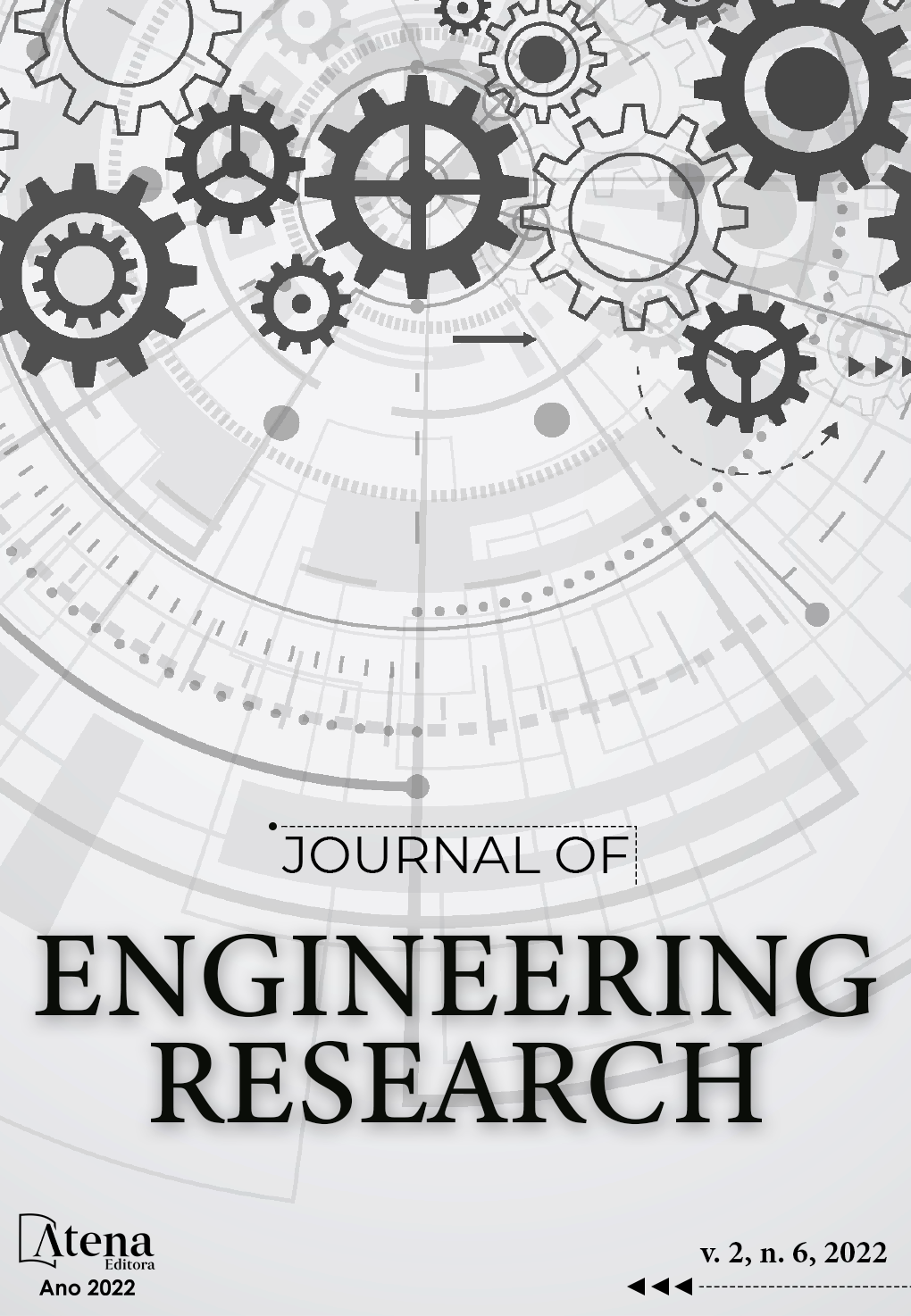
TEACHING CHEMISTRY: A RELATIONSHIP BETWEEN THEORY AND PRACTICE
This article proposes a comparison between a theoretical and experimental class referring to the assembly and operation of a galvanic battery, for students of the third grade of high school. There were learning issues in the two researched modalities and the importance of laboratory classes. The presence of chemistry in the lives of individuals and its interaction with the environment infer the importance of its learning for the formation of the citizen. Therefore, chemistry classes at school are important for the relationship between the reality of students and social chemical themes. Although easy access to information is a characteristic nowadays, providing reflections, critical analysis and developing ethical values in students based on chemical concepts is a task of the school and the teachers. As a mixed methodological aspect, four classes from the third grade of high school were selected as a sample, named A, B, C and D. Classes A and B were separated from classes C and D and a questionnaire was applied to compare results and propose discussions. The supremacy of the experimental activity was observed when compared to the theoretical one. The resignification of concepts and the mobilization of skills and competences during an investigative experimentation confirms its importance as a methodology to generate learning.
TEACHING CHEMISTRY: A RELATIONSHIP BETWEEN THEORY AND PRACTICE
-
DOI: 10.22533/at.ed.317262221043
-
Palavras-chave: teaching chemistry, theoretical class, experimentation.
-
Keywords: teaching chemistry, theoretical class, experimentation.
-
Abstract:
This article proposes a comparison between a theoretical and experimental class referring to the assembly and operation of a galvanic battery, for students of the third grade of high school. There were learning issues in the two researched modalities and the importance of laboratory classes. The presence of chemistry in the lives of individuals and its interaction with the environment infer the importance of its learning for the formation of the citizen. Therefore, chemistry classes at school are important for the relationship between the reality of students and social chemical themes. Although easy access to information is a characteristic nowadays, providing reflections, critical analysis and developing ethical values in students based on chemical concepts is a task of the school and the teachers. As a mixed methodological aspect, four classes from the third grade of high school were selected as a sample, named A, B, C and D. Classes A and B were separated from classes C and D and a questionnaire was applied to compare results and propose discussions. The supremacy of the experimental activity was observed when compared to the theoretical one. The resignification of concepts and the mobilization of skills and competences during an investigative experimentation confirms its importance as a methodology to generate learning.
-
Número de páginas: 15
- Márcia Finimundi Nóbile
- Maria Celeste Caberlon Maggioni


